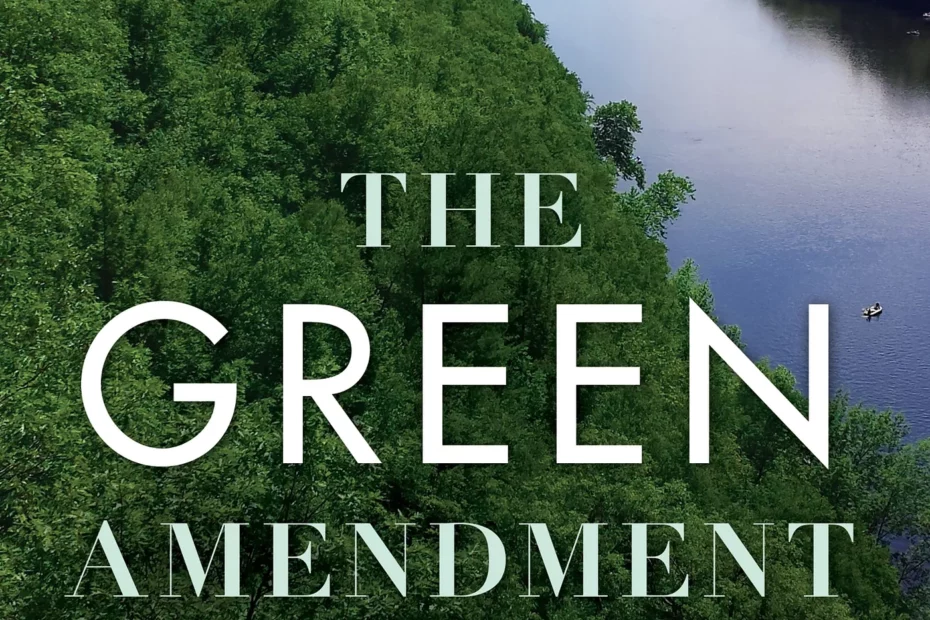In the NY times article “Corporations Have Rights. Why Shouldn’t Rivers?” we learn about a recently filed lawsuit in which a judge is being asked to recognize the Colorado River as a person. This lawsuit is testing an important legal theory — giving rights to nature — similar to Ecuador’s model. In 2008, Ecuador became the first country to grant protections to nature. Through its constitution, Ecuador vests nature with the right to exist and flourish.
But there’s another legal approach closer to home that’s been successful in protecting nature and people: in Pennsylvania we have been securing and enforcing constitutional provisions that recognize peoples’ rights to a healthy environment as inherent and indefeasible, like our free speech and private property rights. This approach, passing and enforcing a green amendment that provides legal rights to a clean and healthy environment in Pennsylvania, can work across the country.
Our nation’s current laws, which favor corporations, are failing our communities. Industries pump toxins into our environment, raze our forests, and contaminate our air — all at tremendous cost to our health and wellbeing. And what recourse do we have to fight back? Communities have advocated, rallied and protested from city halls to Capitol Hill to defend our life-sustaining natural resources. But still the pollution and destruction continue.
We should pursue and pass green amendments in states across the nation and at the federal level to enshrine our rights to pure water, clean air, and a healthy environment for our families today and for generations to come. I talk about the hows and whys of doing this in my new book — The Green Amendment — available on Amazon.

